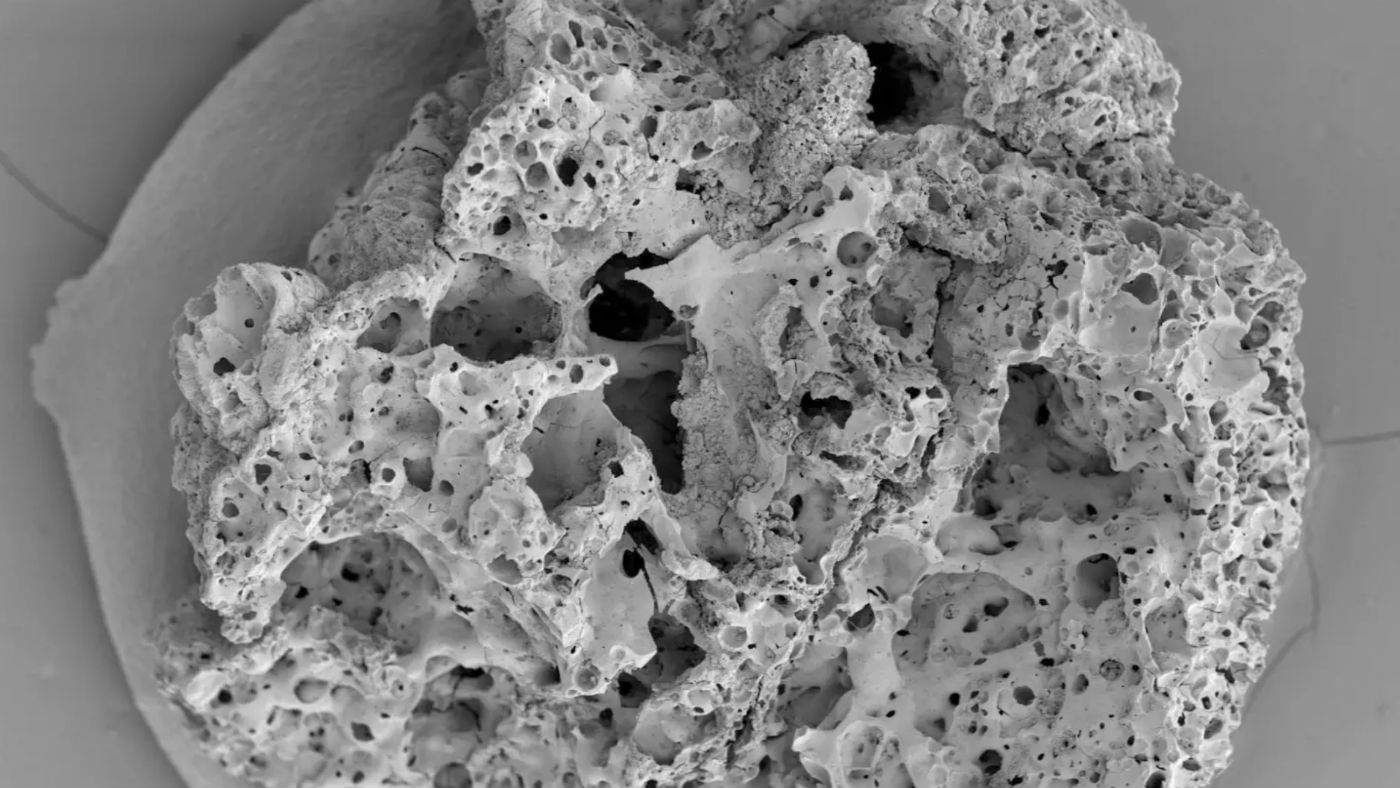14,400-year-old bread discovered in Stone Age fireplace
Discovery in Jordan desert suggest that baking may predate agriculture

A free daily email with the biggest news stories of the day – and the best features from TheWeek.com
You are now subscribed
Your newsletter sign-up was successful
Traces of bread have been found in the fireplace where Stone Age people left them 14,400 years ago.
The charred remains of what appear to be flatbreads were found in the Black Desert area of northern Jordan, home to some of the oldest known human settlements in the world.
Archaeologists working at the site of a prehistoric settlement referred to as Shubayqa 1 unearthed a fireplace used by a hunter-gatherer people known as the Natufians, who lived in the region 16,000 years ago.
The Week
Escape your echo chamber. Get the facts behind the news, plus analysis from multiple perspectives.

Sign up for The Week's Free Newsletters
From our morning news briefing to a weekly Good News Newsletter, get the best of The Week delivered directly to your inbox.
From our morning news briefing to a weekly Good News Newsletter, get the best of The Week delivered directly to your inbox.
Detailed analysis of the charred ashes in the fireplace found evidence of plants, roots and nuts, staples of a Stone Age diet.
However, the most significant discovery was the presence of “bread-like” crumbs in the fireplace.
Professor Tobias Richter, who led the excavations, told Atlas Obscura that they looked like “the kind of stuff you might find at the bottom of your toaster”.
Using a cutting-edge technique called electronic microscopy, Lara Gonzalez Carratero, an expert on prehistoric bread at the UCL Institute of Archaeology identified the crumbs as a 14,400-year-old flatbread, made with a simple paste of flour and water.
A free daily email with the biggest news stories of the day – and the best features from TheWeek.com
Crude though it may be, the bread pre-dates the earliest evidence of agriculture by 4,000 years, indicating that prehistoric humans could have been baking and eating bread long before they mastered the art of cultivating crops.
Richter said that the discovery prompts a rethink of how early humans lived and developed.
“True agriculture, meaning when people and plants had become basically dependent on one another, can only be said to be really in place at about 10,500 years ago,”, he said.
“Nobody had found any direct evidence for production of bread, so the fact that bread predates agriculture is kind of stunning.”
In fact, the archaeologists behind the study, published in the journal Proceedings of the National Academy of Sciences, say the discovery offers tantalising evidence of possible cause and effect.
Their report suggests that “discovering the delights of gluten may have spurred enterprising hunter-gatherers among the Natufians to try to grow the ingredients”, says Ha’aretz.
University of Copenhagen archaeobotanist Amaia Arranz Otaegui, one of the lead authors of the study, said that the fireplace was an “exceptional find” for the wealth of information it contains about prehistoric diets.
“We now know that bread-like products were produced long before the development of farming,” she said, adding that the next step would be to “evaluate if the production and consumption of bread influenced the emergence of plant cultivation and domestication at all”.